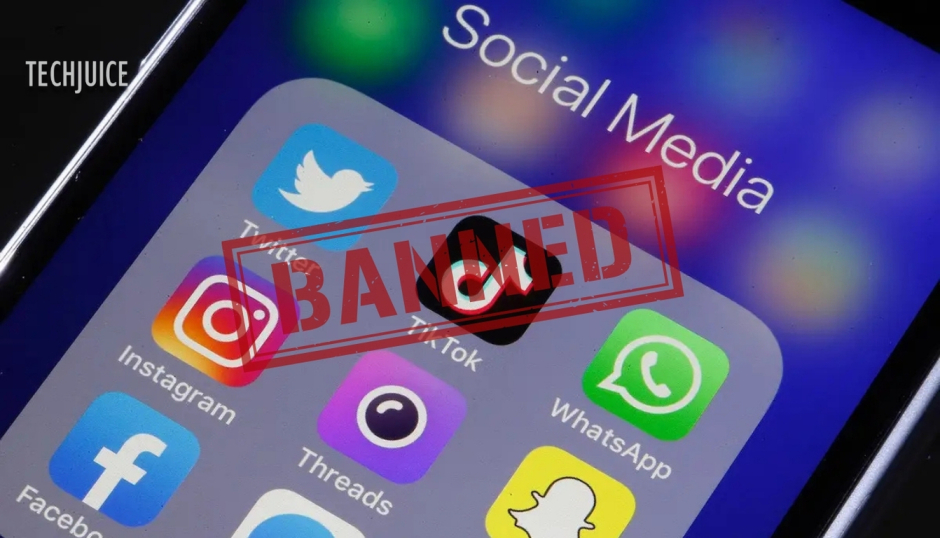The House of Representatives of Australia on Wednesday passed a measure that would prohibit minors under the age of 16 from using social media. The Senate is responsible for finalizing the world-first law.
Australia’s House of Representatives passed the bill 102 votes to 13 after Prime Minister Anthony Albanese’s center-left Labour government secured bipartisan support for the prohibition, marking some of the strictest social media controls in the world.
The government is eager to ensure that the measure is enacted by the end of the parliamentary year on Thursday, and the Senate is anticipated to debate it later on Wednesday.
Albanese claims that the physical and mental health of children is at risk due to the excessive use of social media and is seeking support from parents to increase his approval ratings in anticipation of an election scheduled for May.
The proposed legislation would obligate social media platforms to implement reasonable measures to guarantee that age-verification safeguards are implemented. Systemic violations may result in a sanction of up to A$49.5 million ($32 million) for companies.
A trial of an age-verification system, which may involve biometrics or government identification, is being planned by Australia to enforce the prohibition.
This week, a Senate committee supported the measure; however, they also included a requirement that social media platforms refrain from requiring users to submit confidential data, such as passports and other digital identification, to verify their age. The committee also stated that the government must “meaningfully engage” with youth when formulating the law.
Dan Tehan, an opposition lawmaker, informed Parliament that the government had consented to the Senate’s amendments that would enhance privacy protections. Platforms would be prohibited from requiring users to submit government-issued identity documents, such as passports or driver’s licenses, or to request digital identification through a government system.
“Will it be perfect? No. But is any law perfect? No, it’s not. But if it helps, even if it helps in just the smallest of ways, it will make a huge difference to people’s lives,” Tehan told Parliament.












